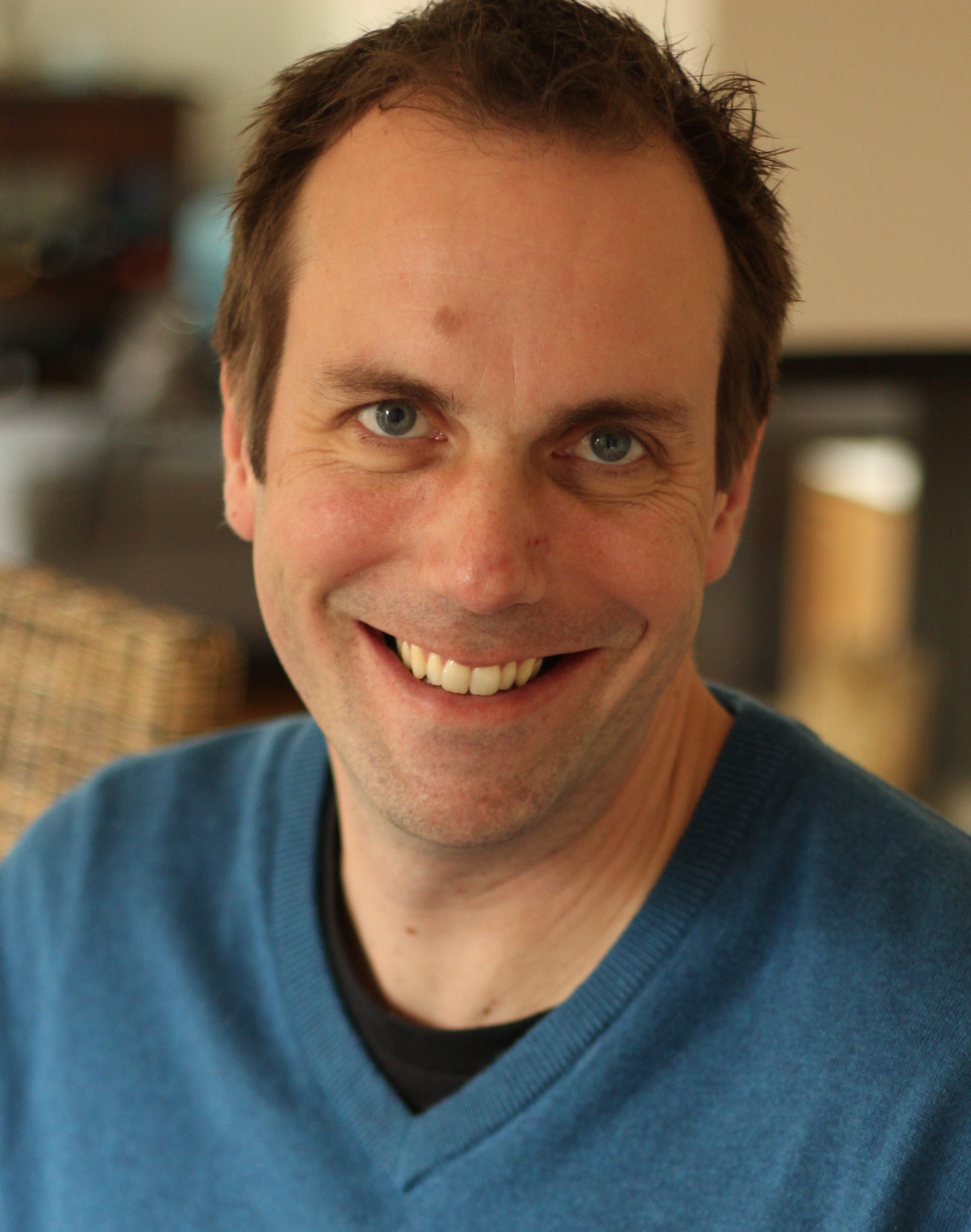Dr Gunnar Spreen
Apple trees in the Altes Land and sea ice have more in common than you might think. Satellites can be used to observe the processes at work in both, which is also why, during his university studies, Gunnar had to choose one of the two for the topic of his diploma thesis. Since he found sea ice more appealing, he opted for it, and, after having completed his thesis, soon had the chance to take part in a Polarstern expedition. He also spent a number of years in California, where he studied ice drift, and subsequently switched to a Norwegian institute, where he had the chance to conduct research directly on the ice. In the process, he not only learned a great deal about sea ice, but also about the advantages of interdisciplinary work.
As Head of the Research Group Remote Sensing of Polar Regions at the University of Bremen, he chiefly uses satellites to monitor the sea-ice extent. Much of the data at meereisportal.de was prepared by his group.
How do interdisciplinary exchanges with other researchers affect your work?
Of course every researcher has certain areas that they focus on, but personally I find pursuing and promoting interdisciplinary work to be a very rewarding experience. In fact, sometimes this type of work raises questions that can only be effectively investigated by working together with other fields or disciplines. And for many other questions, too, I feel you can quickly hit a wall unless you work closely together with other researchers.
How does your research help to combat climate change?
Well, it’s important to make a distinction between climate protection and climate research. We provide information to help society and the political community make decisions on climate protection measures. Such decisions are everyone’s concern, and of course we can’t make those decisions for anyone. But we can do our best to deliver accurate data and forecasts, so that these important decisions can be made on an informed basis.
What made you choose to work on meereisportal.de?
I consider providing information to be an essential part of my work. Of course I realise that meereisportal.de largely appeals to a part of the public that is already interested in the subject matter, but we hope that, through the portal, everyone who wants to receive this type of information can do so. The great thing about meereisportal.de is that, instead of simply sharing our data, we combine it with maps, graphics and texts that make it accessible to a broader audience. By doing so, hopefully we’re helping to ensure that our research isn’t simply a process that remains at the universities and institutes, never reaching society.
My dream expedition would be …
After all my great experiences in the Arctic, my dream would be to join an expedition to the Antarctic, and one that involved a highly interdisciplinary team. Of course my favourite option would be a winter expedition, but since I’ve never been there at all, a summer expedition would be exciting, too.

Dr Gunnar Spreen
Sea-ice Physicist
Head of Research Group Remote Sensing of Polar Regions
IUP/University of Bremen
